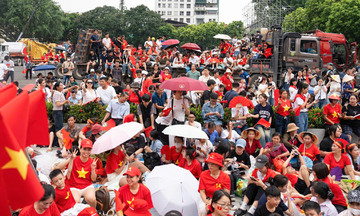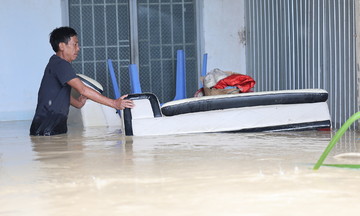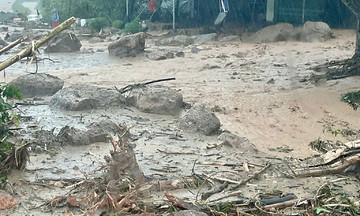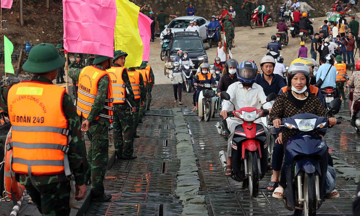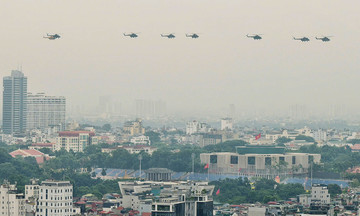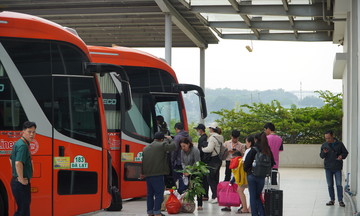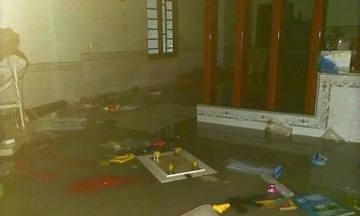The national assembly passed the law amending and supplementing several articles of the law on organization of the people's procuracy on 24/6, with 409 out of 412 delegates present voting in favor.
The total payroll of the people's procuracy and military procuracy systems will be decided by competent authorities based on the proposal of the chief procurator of the supreme people's procuracy. The allocation of payroll and the structure of prosecutors and investigators at each level will be decided by the national assembly standing committee, based on the proposal of the chief procurator of the supreme people's procuracy and after consulting with the government.
For the military procuracy, the structure and number of prosecutors and investigators will be decided by the national assembly standing committee in agreement with the minister of national defense. The specific allocation to units will be carried out by the chief procurator of the supreme people's procuracy after reaching an agreement with the ministry of national defense.
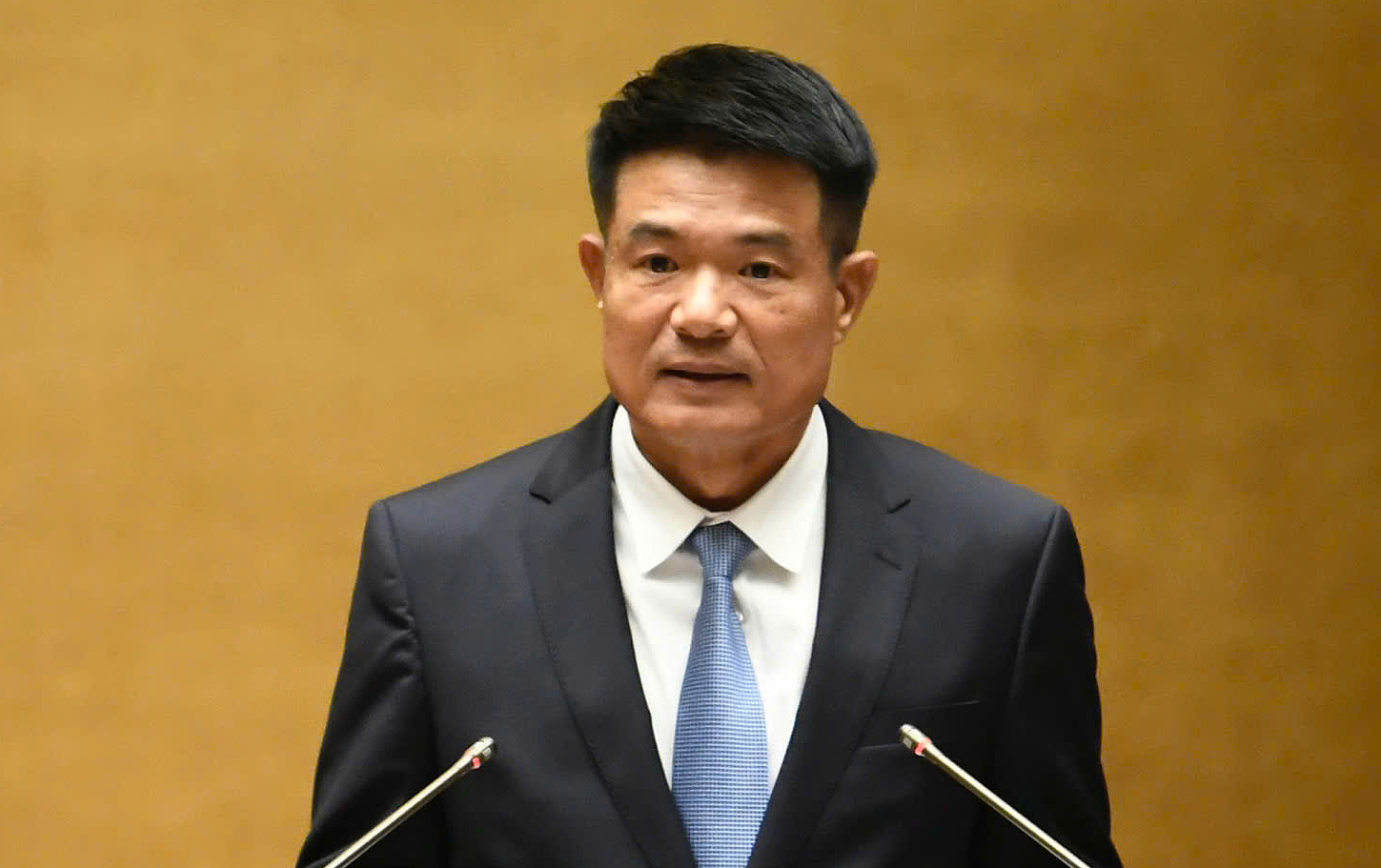 |
Chief procurator of the supreme people's procuracy Nguyen Huy Tien presents a report explaining and receiving feedback on the draft law amending and supplementing several articles of the law on organization of the people's procuracy, afternoon of 24/6. Photo: Giang Huy |
Chief procurator of the supreme people's procuracy Nguyen Huy Tien presents a report explaining and receiving feedback on the draft law amending and supplementing several articles of the law on organization of the people's procuracy, afternoon of 24/6. Photo: Giang Huy
According to the explanatory report, the increase in the number of supreme-level prosecutors aims to match the number of judges at the supreme people's court, ensuring sufficient personnel for prosecution and supervision of trials at the council of judges. The proposal has been reported to the politburo, the secretariat, and has been agreed upon by the central executive committee.
The law also stipulates a streamlined model for the people's procuracy system, including: the supreme people's procuracy, the provincial-level people's procuracies (provinces and cities), the regional people's procuracies, and the military procuracies at all levels. Accordingly, district-level people's procuracies will no longer be maintained.
The supreme people's procuracy has the function of exercising the right of prosecution, supervising judicial activities, and ensuring strict and uniform compliance with the law. Provincial and regional procuracies perform corresponding tasks within their localities or assigned areas.
The supreme people's procuracy consists of the chief procurator, deputy chief procurators, prosecutors, inspectors; heads and deputy heads of investigative agencies, investigators, investigative officers, forensic technicians, public employees, officials, and laborers.
Regional people's procuracies have a chief procurator, deputy chief procurators, prosecutors, inspectors, and support staff. In places where conditions do not allow for the establishment of departments, specialized working units are arranged.





